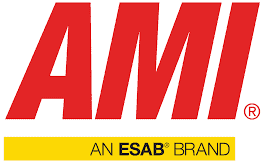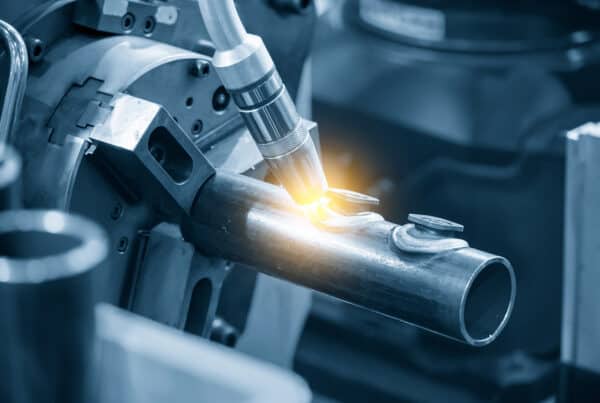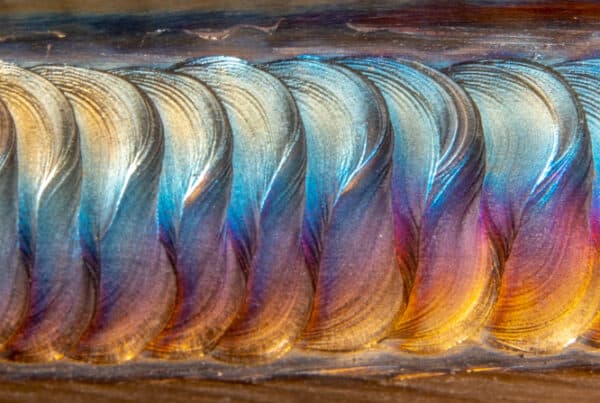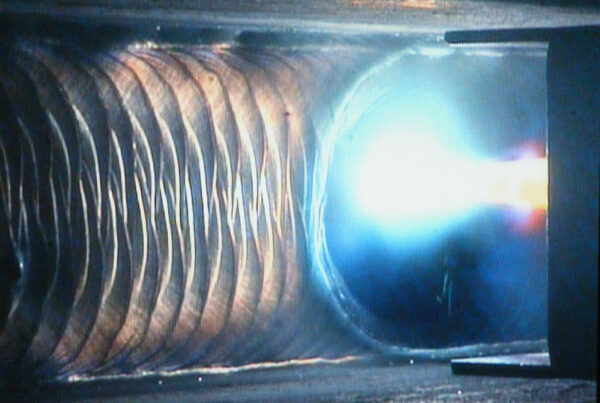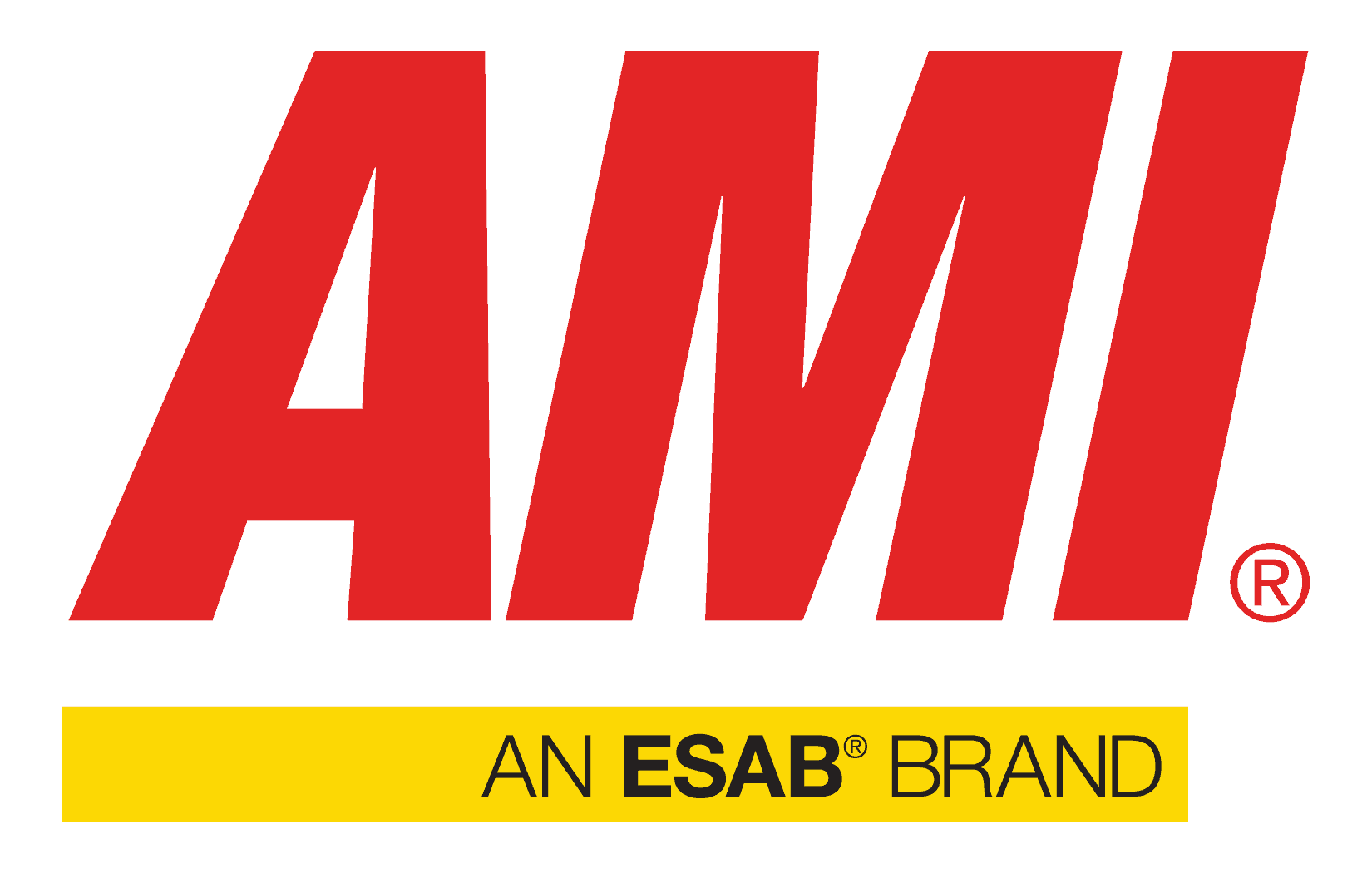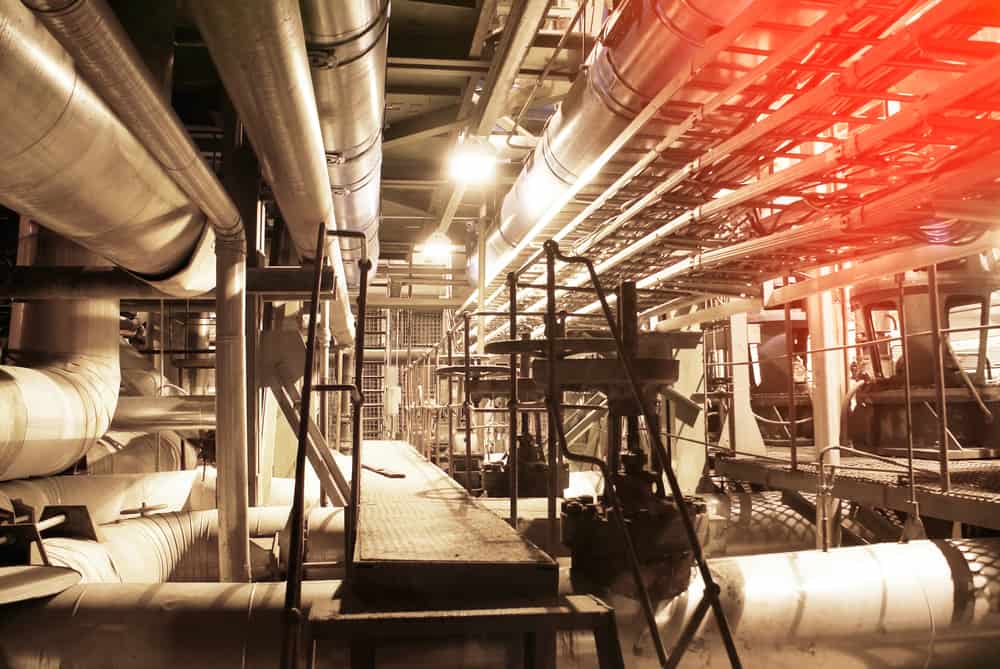
It seems as though the older I get, the more I long for my childhood days. I especially miss those cartoons and stories that always ended with a moral lesson. Without a doubt, my favorite is the one about the tortoise and the hare—I never have figured out the difference between a hare and a rabbit. Anyway, the moral of that story is how it pays to be reliably consistent. And that lesson doesn’t just apply to kids. I have witnessed it many times throughout my years.
And it’s a lesson that is readily apparent in welding: especially when a welder is working with pressure vessels like boilers in critical industries such as power generation. When welding boiler tube(s), reliably consistent welds are not only desired—they are mandatory. Let’s take a look at the welding requirements for industrial boiler tubes and how best to achieve the welding consistency that will produce the reliably strong welds needed to meet these high standards.
Industrial Boiler Tube Welding Requirements
Boilers are used in many industrial environments that include steel, chemical, pulp and paper, biopharmaceutical, food processing, rubber, and textile. Power plants, in particular, utilize these kinds of pressure vessels that often require tube-to-tubesheet welding. When working with boilers, the following are not uncommon:
Characteristics of Welding Boiler Tubes
- Large quantity of tubes
- Tubes made of carbon steel, Inconel® or other high strength-to-weight ratio
- Minimal radial and axial clearances
- Thick boiler plates—may be up to 900 mm
- Homogenous fusion welding techniques are most commonly used
As shown by the list above, accessibility is a major issue when working with boiler tubing. Additionally, tubes may carry high-pressure steam or liquids in a laminar flow pattern where turbulence or distortion can cause a loss in efficiency. Therefore, weld strength and consistency are required considerations when deciding how best to weld these pressure vessel tubes.
How to Maintain Consistency When Welding Boiler Tubes
One of the most important decisions that must be made when welding boiler tubes is whether orbital welding or manual is the best option. Factors such as tube quantity, industrial application, and safety should influence your decision. These factors, coupled with a review of the characteristics and considerations discussed in the section above, will likely lead you to dismiss the manual option due to the lack of accessibility and the requirement to create a constant weld throughout the 360 degree process.
Next, the welder must determine the best technique to apply. As gas-shielded welding processes are more consistent than other techniques, GMAW, or MIG, and GTAW, or TIG, offer the best options. While these techniques share similarities (such as their wide range of possible applications, as well as their DC and AC power supply operation), MIG suffers from defects and filler spatter, which degrade weld quality and bead appearance. TIG, on the other hand, uses non-consumable tungsten electrodes, which produces the highest purity welds. Additionally, on thick wall boiler applications which are common in power plants, Thick Wall or Narrow Groove TIG welding processes may be beneficial.
TIG welding with tungsten electrodes produces the purest, highest-quality, and most consistent welds. And the implementation of an orbital welding process mitigates the lack of accessibility while making it easier to maintain consistency throughout weld generation. However, there are attributes that you should insist upon for your tube welding machine that include good heat control and process stability, as well as fixed position tube welding capability with automated controls.
For the best orbital welding equipment and materials in industry, you should look to Arc Machines, Inc. For nearly half a century, we have been a leader in supplying the highest quality and most advanced welding equipment and service. This includes orbital welding systems to meet the consistency and quality required for welding boiler tubes. For inquiries regarding products, contact sales@arcmachines.com. For service inquiries, contact service@arcmachines.com. Arc Machines welcomes the opportunity to discuss your specific needs. Contact us to arrange a meeting.
